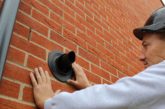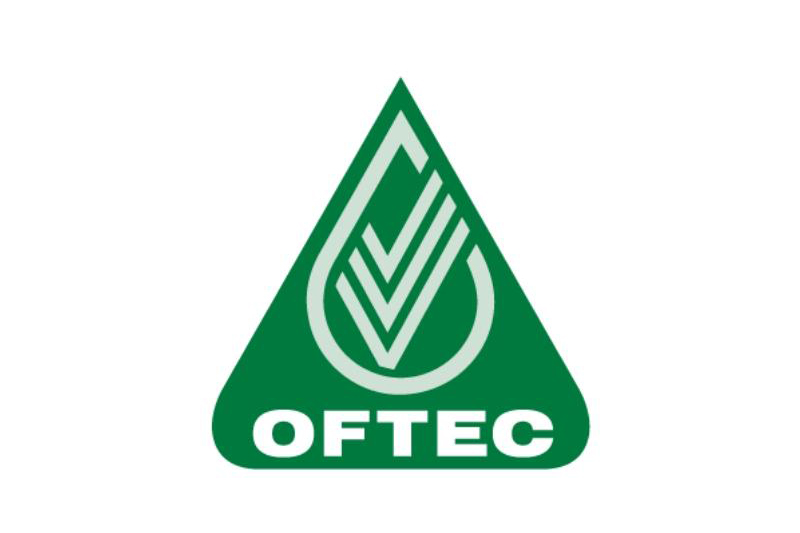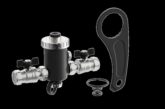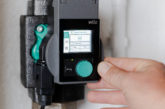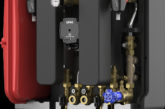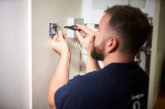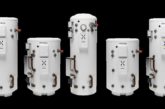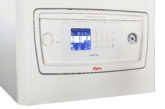
Roger Williams, UK Sales Director for Spirotech, discusses the issues and importance of heat pump protection and the role this plays in ensuring maximum efficiency and a return on investment.
As UK investment in renewables reaches record levels and consumer perception towards the technology becomes increasingly favorable, the outlook for the renewables market in the UK is extremely positive. However, in order to maintain this momentum and capitalise on the opportunity, it ultimately falls on the installer to ensure renewable technology is installed correctly.
Undoubtedly in the UK, traditional boilers will remain the most common option for heating our properties for some years to come, however more people in the UK are considering switching to renewables.
Heat pumps such as ground source (GSHP) and air source (ASHP) are often described as ‘fit and forget’ technology, but this is only the case if steps are taken during initial installation to prevent common problems from occurring. Just like traditional systems, heat pumps can fall foul to air and dirt.
Heat pumps work by conveying and upgrading existing heat rather than creating the heat themselves. GSHPs use a fluid to capture the heat from the ground and transport it to the heat exchanger. The optimum conditions for this are a well-designed, clean system with fluid that contains as little air and dirt as possible.
The quality of the system fluid is an important factor for efficient functioning of a system. The fluid should be regarded as a system component and treated as such. Therefore, it should not only be carefully selected but also properly maintained, in order to prevent the presence of air and dirt from causing problems.
Fluid systems always contain some air, however air causes corrosion and excessive wear of expensive components, leading to a build up of corrosion and process interruptions resulting in less efficient operation, more system failures and unnecessary energy consumption. Initial venting removes free air in the system, however many micro bubbles and dissolved gasses remain in the system. Also, air will always get into the system when topping up and during maintenance work or through leakages.
Dirt in fluid systems can also lead to malfunctions and heavy wear of system components. The dirt mainly consists of corrosion particles, which are drawn to the magnetic fields around pumps and valves. Other dirt particles are passed round the system and eventually accumulate in critical components, again leading to higher energy consumption and persistent problems, malfunctions and system failure. A filter is often installed, however this is not the ideal solution as filters silt up and need to be cleaned and replaced regularly.
Obviously with ASHPs there is no fluid on the input side, however the output is still susceptible to air and dirt, and with one of the benefits of ASHPs being that they can be retrofitted onto existing radiator circuits, the new heat pump will immediately be exposed to any dirt already circulating in the system.
In order to protect the heat pump and ultimately the investment in renewable technology, the installer should be specifying an air and/or dirt separator. The exact solution will depend on the output of the heat pump, be it underfloor heating, central heating or domestic hot water.
The ideal solution would be the installation of a SpiroTrap MB3 in the return and a SpiroVent RV2 in the flow after the heat pump, however a simpler, more cost effective solution is the installation of a combined air and dirt separator directly after the heat pump: the SpiroCombi. It continuously removes free air, micro bubbles and dirt particles from the system water and the collected dirt can be discharged quickly and effectively in just a few seconds, by opening and closing the drain valve without having to shut off the system.
Looking ahead, the number of renewable installations is only going to increase, therefore it is important that installers really get to grips with the technology now to ensure they are delivering the best possible service for years to come.


